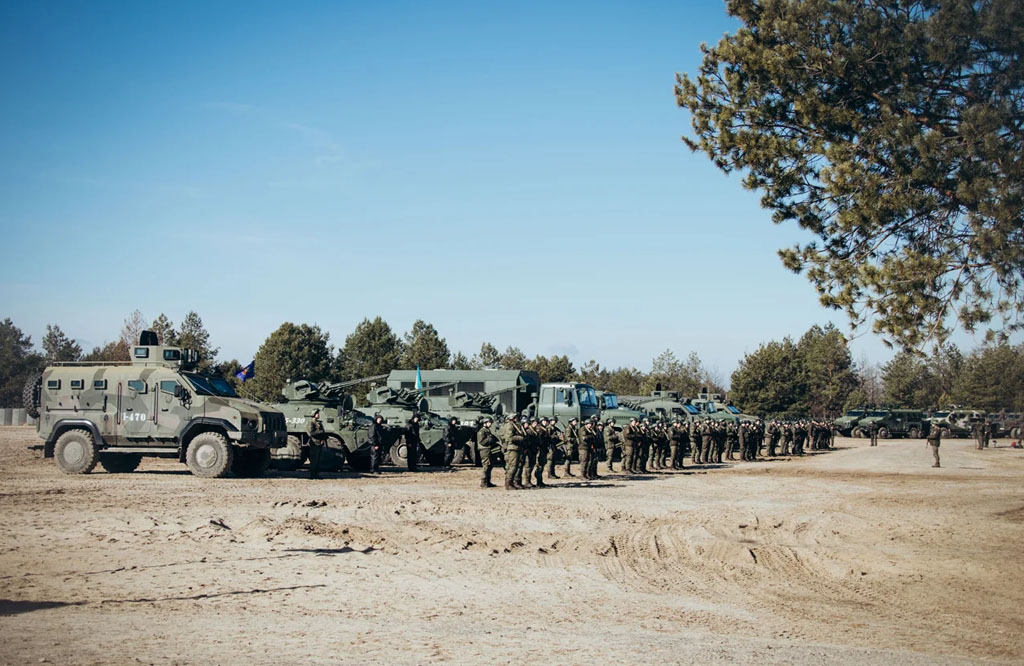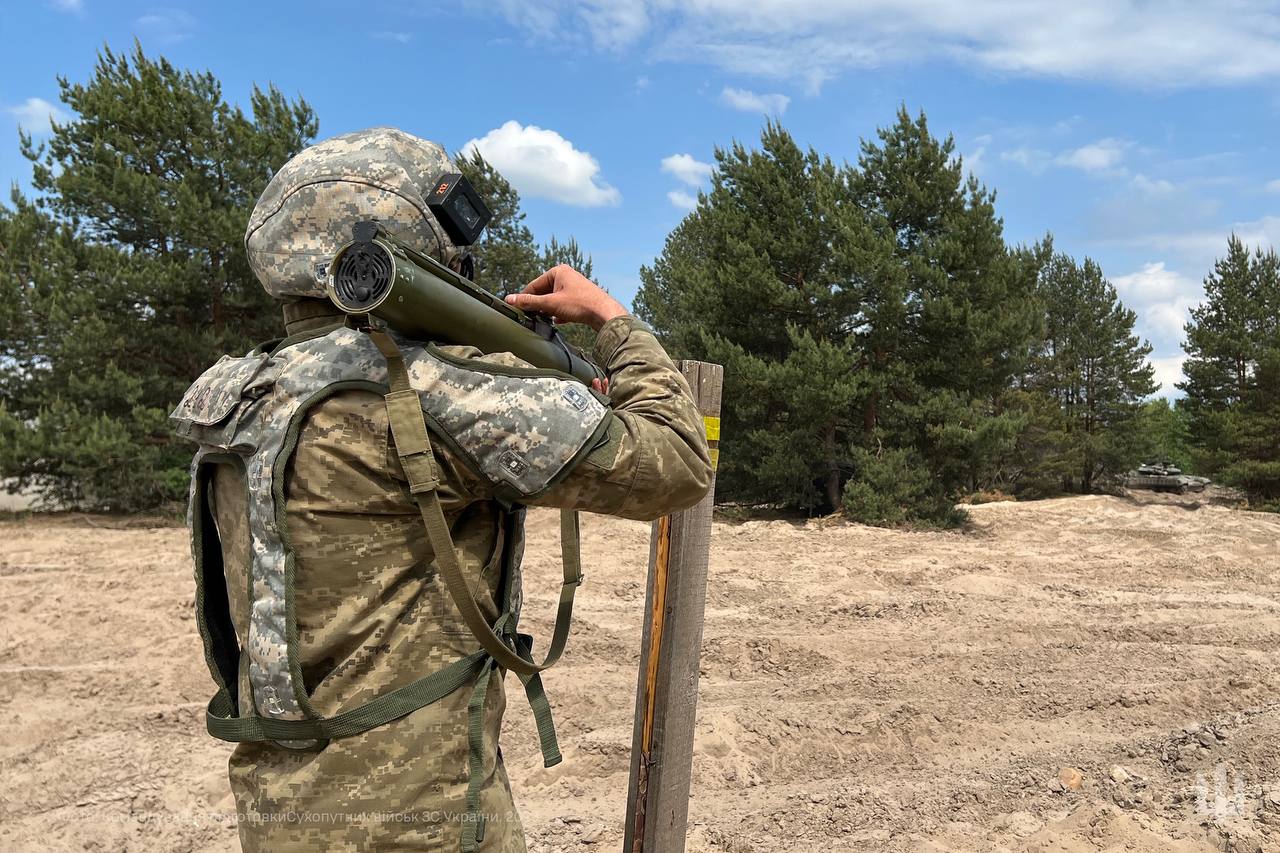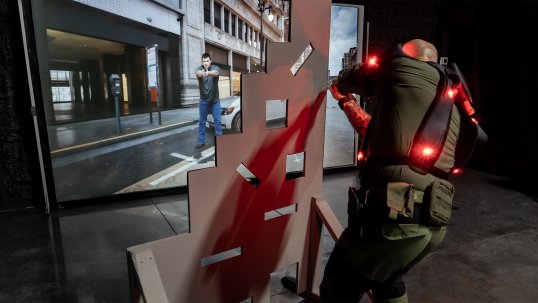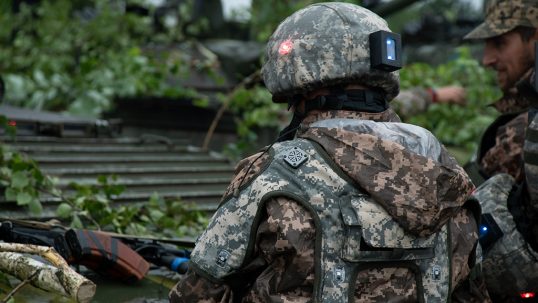
Tactical simulators are becoming increasingly popular among military personnel as they allow practicing combat skills in safe conditions. However, to make these trainings effective, it is important to create realistic scenarios. Here are some tips on how to do it.
Researching real combat situations
To make scenarios credible, it is necessary to research real combat situations. These can be historical battles or modern military operations. For example, you can study how military personnel acted during famous battles and what tactics they used. This approach will help create scenarios that reflect real challenges.
Considering conditions and environment
Every combat situation differs in conditions: weather, time of day, landscape, etc. For instance, a battle in a city is significantly different from a fight in a desert or forest. By reproducing these conditions in a simulator, military personnel can be prepared for various situations they may encounter.
Integrating unpredictable events

Combat situations are often unpredictable. To make training more realistic, it is worth adding unexpected events: sudden attacks, weather changes, technical problems. This will help military personnel learn to respond quickly to changes.
Using artificial intelligence
Modern technologies allow the use of artificial intelligence (AI) to create intelligent enemies in simulators. AI can adapt its actions to the players’ behavior, making the training more dynamic. For example, if a player changes tactics, the AI also changes its actions to match the new situation.
Collecting and analyzing data
Simulators collect a lot of data about each training session. This allows analyzing results, identifying weaknesses, and making adjustments to the scenarios. For example, if many players make the same mistakes, the scenario can be changed to better train these skills.
Collaboration with experts
Experts can provide valuable advice on creating realistic scenarios. For example, military specialists can explain how to best reproduce certain combat situations, and technology experts can help integrate the latest technologies into the simulators.

Tactical simulators are an important tool for training military personnel. They allow practicing skills in safe and controlled conditions. To create realistic scenarios, it is necessary to research real combat situations, consider conditions and unpredictable events, use artificial intelligence, and analyze training results. Collaboration with experts and the use of modern technologies help make the training as effective and realistic as possible.

